
A remotely operated underwater vehicle is raised from the sea near the Xisha Islands. (CHINA DAILY)
Stronger development
Cheng and her marine scientist colleagues in Hong Kong were recommended for the mainland-funded ocean expedition by the institution they work for — the Hong Kong branch of the Southern Marine Science and Engineering Guangdong Laboratory (Guangzhou) at HKUST.
The branch, established in 2019, was cofounded by the Innovation Academy for South China Sea Ecology and Environmental Engineering at the Chinese Academy of Sciences, the Guangzhou Science and Technology Innovation Committee, and HKUST. The branch aims to strengthen marine science development in the Guangdong-Hong Kong-Macao Greater Bay Area and promote cross-border collaboration for Hong Kong oceanographers.
Qian Peiyuan, a veteran marine scientist and director of the branch, said Hong Kong could play a bigger role in the national marine economy blueprint and ocean governance. The city has many world-class research universities and talent, and in recent years it has paid more attention to technology and innovation, he added.
Hong Kong occupies a sea area of 1,641.21 square kilometers. Known for its shortage of land, the city has reclaimed 77.6 sq km from the sea over the past 130 years. It also boasts a world-class container port — the Kwai Tsing Container Terminals — and Victoria Harbour.
However, the city is little-known for its marine science. In the 2022 QS World University Rankings, three universities in Hong Kong ranked among the top 50 in the world — the University of Hong Kong, the Chinese University of Hong Kong, and HKUST. However, for Earth and Marine Science, only one of these universities was ranked 50th-100th, while the other two were not in the top 100.
Qian, who has studied oceanography in Hong Kong for nearly 30 years, said that for historical and political reasons, the city's marine science community pays little attention to waters beyond the city's boundary, and mainly focuses on marine biology in local waters, including environmental protection and pollution control.
Although marine conservation and diversity protection is important to Hong Kong, marine science covers a much broader spectrum, involving physics, chemistry, geography, among other topics, Qian said.
Since Hong Kong's return to the motherland in 1997, the city has accelerated its integration into the nation's overall development, resulting in more cross-border collaboration among the marine science community.








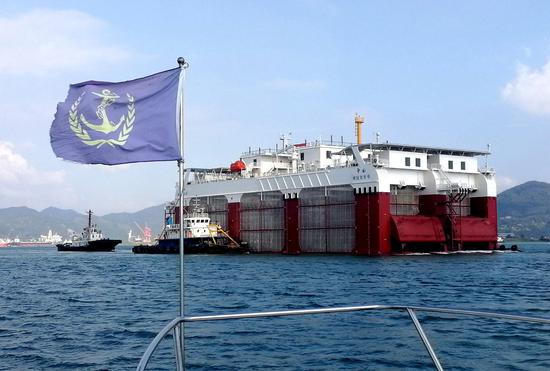


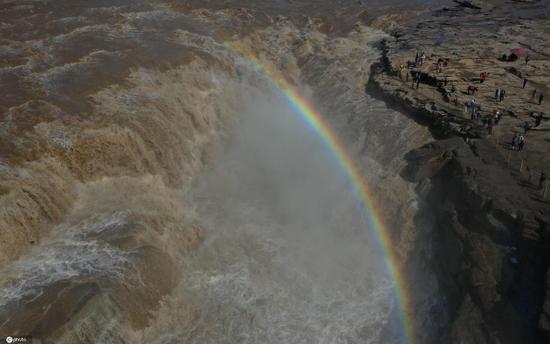







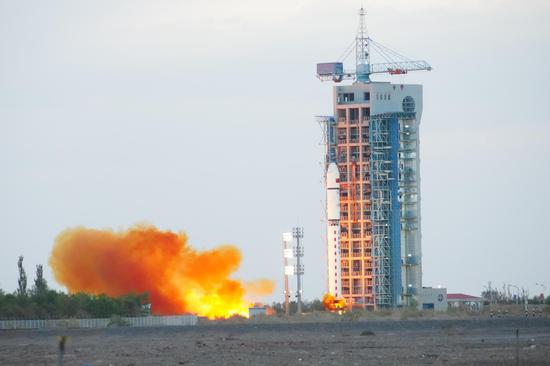


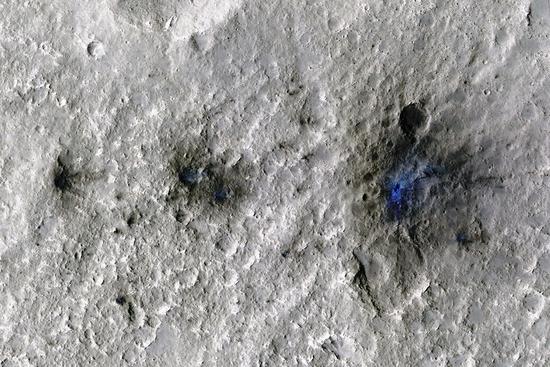
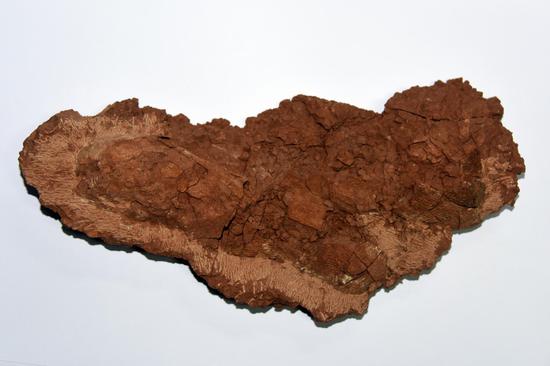
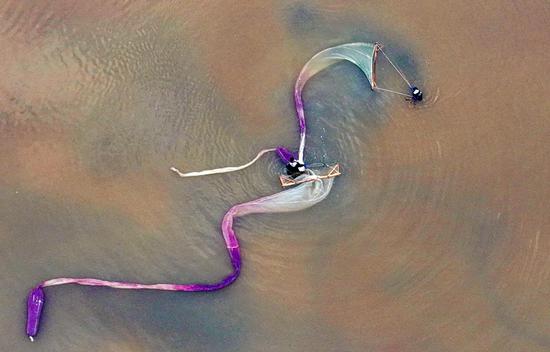
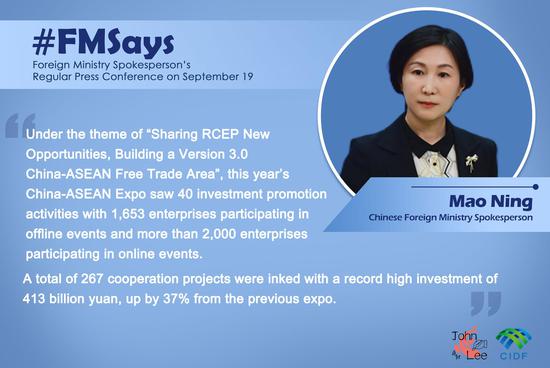
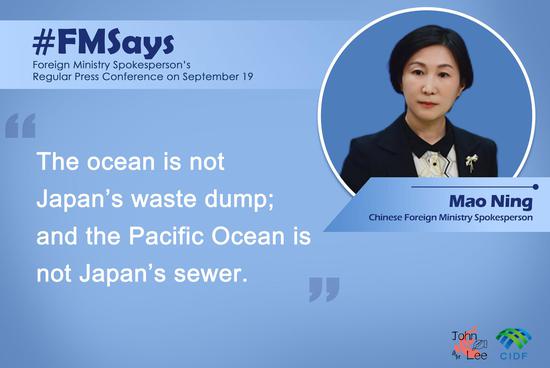


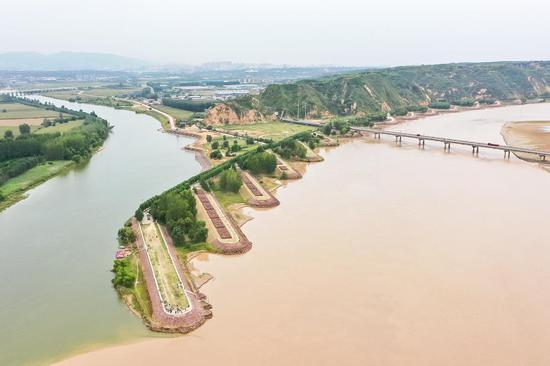


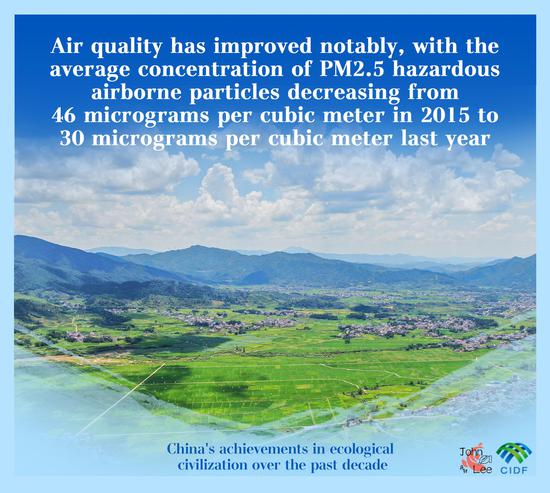



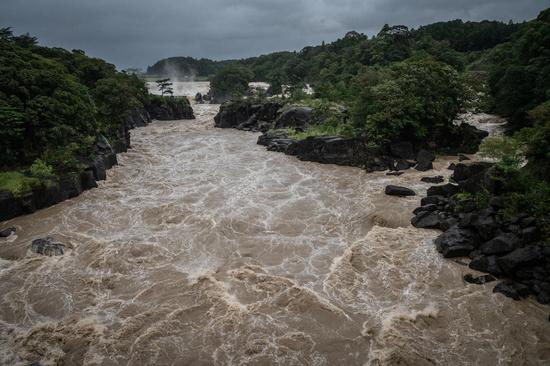



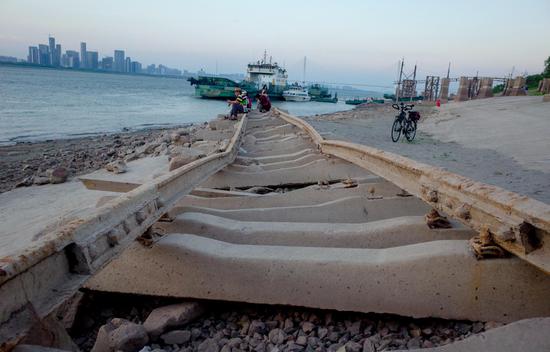

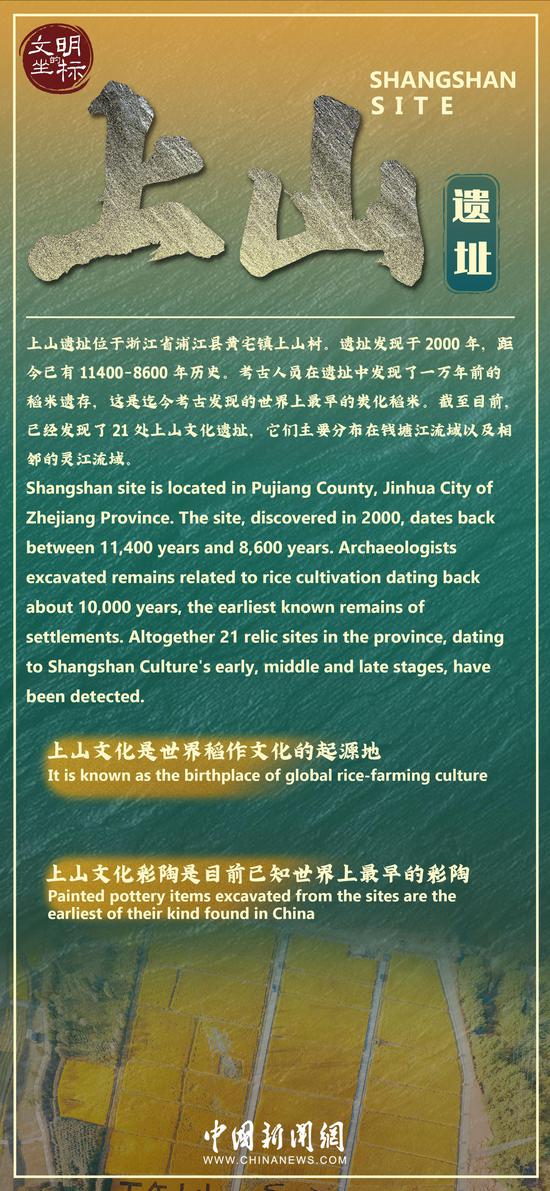
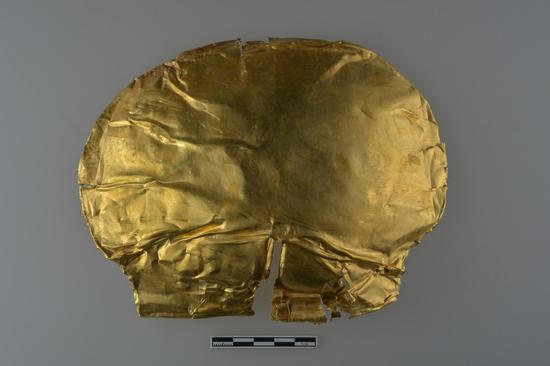
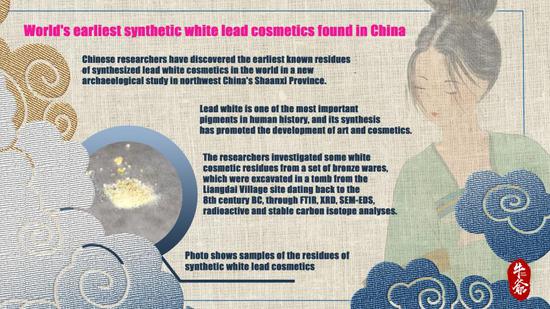





 京公网安备 11010202009201号
京公网安备 11010202009201号